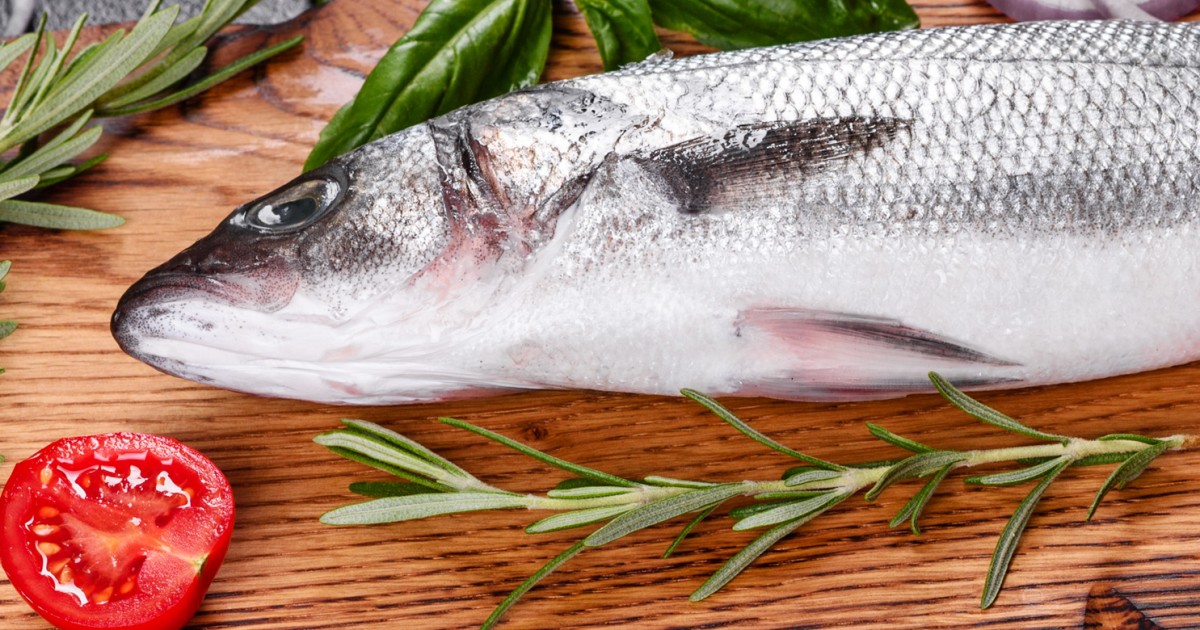
A Mediterranean diet that’s rich in vegetables, fruits and fish may help reduce or stave off symptoms of post-traumatic stress disorder, according to research published this week in the journal Nature Mental Health.
The peer-reviewed findings are based on patient data from two studies — one in 2008 and another in 2013 — which collectively involved tens of thousands of female participants. The researchers behind those studies gathered stool samples, as well as information about the women’s mental health and dietary habits.
The findings could help inform dietary recommendations for people who are vulnerable to PTSD, such as those serving in the military, said Carol Shively, a pathology professor at Wake Forest University School of Medicine who was not involved in the research.
Shively’s own research has shown that the Mediterranean diet protects against exaggerated stress responses in monkeys.
“When you put that in the context of PTSD, what’s going to happen, I think, is that in response to overt stresses, if you’re consuming a Mediterranean diet, you won’t have these horrific stress responses that can be very damaging,” Shively said.
For the latest study, researchers at Brigham and Women’s Hospital and the Harvard T.H. Chan School of Public Health selected 191 women from the earlier cohorts: 44 with PTSD symptoms, 119 who had experienced trauma but no PTSD symptoms and 28 who had experienced neither.
Overall, women within that group who followed a Mediterranean diet — which includes fresh fruits, vegetables, nuts, seeds, olive oil and fish — experienced fewer PTSD symptoms.
Plant-based foods in particular were negatively associated with PTSD symptoms, whereas red and processed meats were positively associated with PTSD symptoms.
The link between diet and PTSD
Around 4% of the world’s population has had PTSD in their lifetimes. The disorder develops in certain people who have experienced or witnessed traumatic events such as severe injuries, violence or deaths, but researchers are still uncovering why.
“Many people get exposed to trauma, but only a small percentage go on to develop PTSD. It’s always been a bit of a mystery,” said Christopher Lowry, an associate professor of integrative physiology at the University of Colorado, Boulder, who was not involved in the research.
Diet could be an important part of that explanation, he said.
The brain and the gastrointestinal system, or “gut” — which includes the stomach, intestines and colon — send signals back and forth through a complex system of nerves, hormones and chemicals. As a result, poor gut health has been linked to several mental illnesses, including anxiety and depression. A study last year also found signs of intestinal inflammation in people with PTSD.
PTSD, in particular, has been linked to dysregulation in brain circuits that manage stress and fear responses. Studies have shown, for instance, that people with PTSD have hyperactive amygdalae, which are a region of the brain that helps process emotions.
According to Yang-Yu Liu, the study’s author, the gut microbiome — or the microorganisms, including bacteria, that live in the digestive tract — influences both the development and the response of the amygdala.
“That could be the reason why the gut microbiome is important for PTSD,” said Liu, an associate professor at Harvard Medical School and an associate scientist at Brigham and Women’s Hospital.
Several components of the Mediterranean diet — such as fiber and omega-3 fatty acids — are known to support gut health, which in turn can influence brain function.
In particular, Liu and his research team identified a species of gut bacteria that seemed linked to the Mediterranean diet and appeared to protect against PTSD symptoms.
“Maybe those enriched components of a Mediterranean diet help this particular bug thrive in the gut environment,” Liu said.
Reducing inflammation could be key to brain health
Lowry, however, said he is cautious about attributing any benefit to specific gut bacteria until additional studies replicate the results. He suspects that the Mediterranean diet may help alleviate or prevent PTSD systems largely by reducing inflammation.
“The Mediterranean diet predominantly has an anti-inflammatory effect, and we have known for decades now that inflammation is a risk factor for depression,” he said. “Now it’s become clear that it’s also a risk factor for PTSD.”
Several studies have indeed suggested that elevated levels of inflammation may play a role in the development of PTSD. And Lowry’s research in U.S. veterans has shown that anti-inflammatory probiotics have the potential to treat PTSD symptoms.
The Mediterranean diet cuts out processed foods with lots of sugar and saturated or trans fats, which can be highly inflammatory, Lowry said.
The human gut is semi-permeable, and researchers suspect that processed foods can increase its leakiness, which allows gut bacteria to enter the bloodstream. That process drives inflammation that can travel from the blood to the central nervous system and have a wide influence on brain function.
Shively said any diet that’s high in fiber, fresh fruits, vegetables and plant-based fats and proteins should have the opposite effect.
“There are so many reasons not to eat Western diet and so many reasons to eat a healthier diet,” she said. “Now we’ve just added brain and mental health to the pile.”






